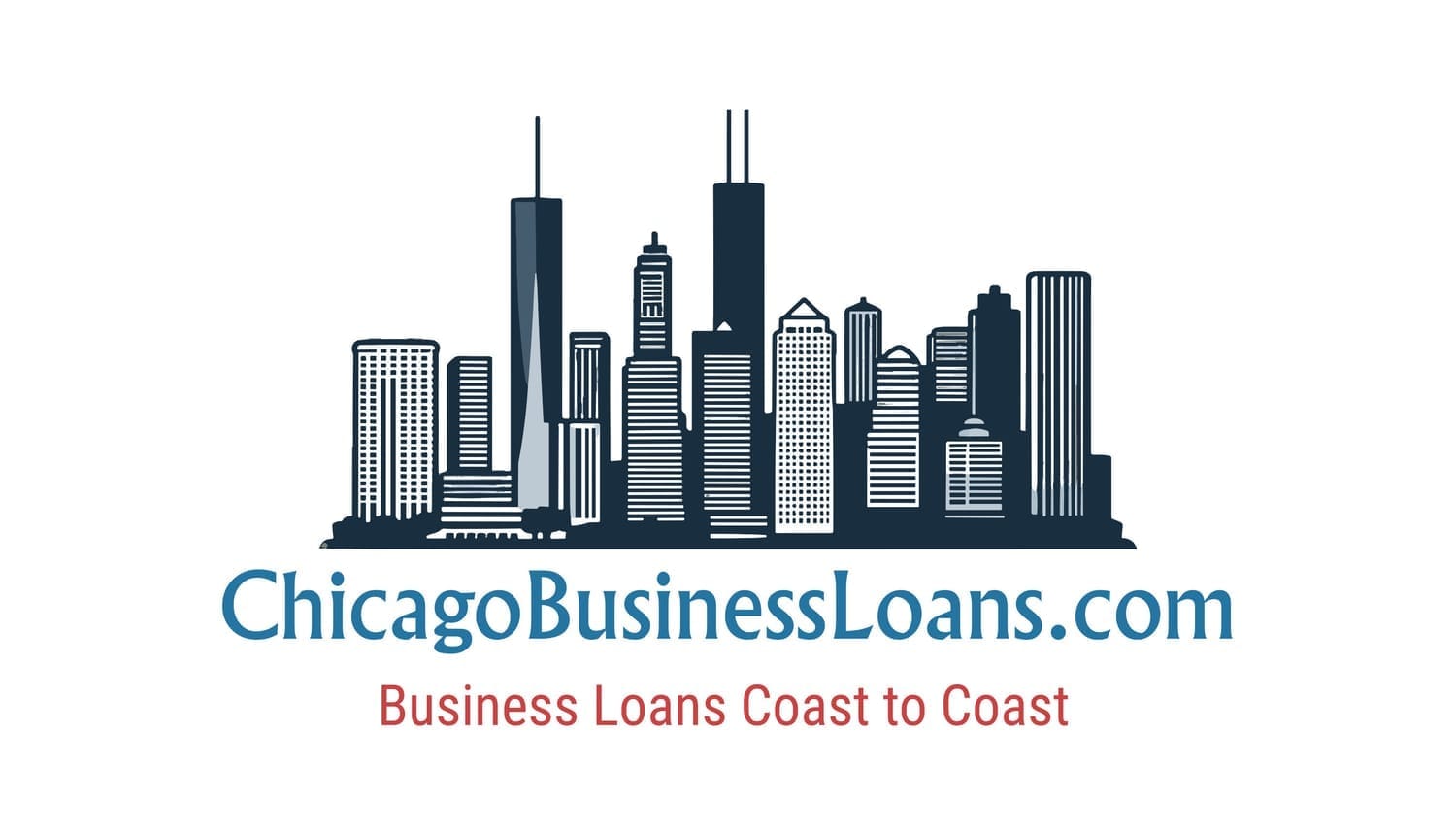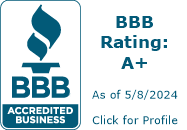Funding for Start Ups
Financing Options for Startups
Quick Overview:
Getting funding is one of the biggest challenges new businesses face.
Non-traditional financing is often the easiest route for startups.
SBA loans and some traditional financing are possible.
Home equity and retirement savings can also be used, but with risk.

Why Startup Funding Is Tricky
Starting a business usually requires seed money—but most startups don’t have business credit or a track record yet. That makes it tough to qualify for traditional loans.
The good news? There are several creative funding options that can help entrepreneurs get started, even without years of business history.
Popular Startup Funding Options
1. Friends and Family Loans
Borrowing from friends or family is one of the most common ways to raise money for a new business.
Pros: Low or no interest, flexible repayment, easier approval.
Cons: Can cause strain on personal relationships if things go wrong.
If you go this route, always put the agreement in writing so both sides are clear about the terms.
2. Crowdfunding
Crowdfunding platforms let you pitch your idea directly to the public. Supporters can contribute money in exchange for rewards, pre-orders, or even equity in your company.
Pros: No need for credit history, great for testing demand.
Cons: Requires strong marketing and a compelling pitch.
Crowdfunding has helped launch many successful businesses and is a great option if you have a unique product or service.
3. Angel Investors
Angel investors are individuals who use their own money to invest in startups—usually in exchange for equity (ownership) in your business.
Pros: Large amounts of funding, mentorship, and industry connections.
Cons: You give up part of your ownership and decision-making power.
Angel investors often focus on technology and high-growth businesses.
4. SBA Loans
The Small Business Administration (SBA) doesn’t lend money directly, but it guarantees loans made by banks and other lenders. This reduces risk for the lender and makes it easier for startups to qualify.
Two common SBA programs:
7(a) Loans: The most popular option. Offers longer terms and lower collateral requirements than traditional bank loans.
Microloans: Smaller loans (average $13,000, up to $50,000) used for inventory, equipment, or working capital.
Note: SBA loans usually take 2–3 months to process and are best for startups that have already been in business for at least 2 years with some revenue.
5. Home Equity Loans
If you own a home and have built equity, you may be able to borrow against it.
Pros: Can provide a large lump sum of cash.
Cons: Your home is at risk if the business fails.
Repayment terms are often 10–15 years, so this is a long-term commitment.
6. 401(k) or Retirement Loans
Some entrepreneurs tap into their retirement funds to start a business. This is done through a special legal setup that lets you invest your retirement savings into your company.
Pros: You’re using your own money, not borrowing from a bank.
Cons: You’re risking your retirement savings if the business doesn’t succeed.
If you go this route, always work with a reputable firm and have an attorney review the structure.
Final Thoughts
Startup funding isn’t one-size-fits-all. The right option depends on your financial situation, your business model, and your tolerance for risk.
If you have supportive friends or family, a small loan from them might be the easiest option.
If you have a unique product, crowdfunding could be a powerful way to launch.
If your business is already a couple years old, SBA loans may offer the best terms.
If you have equity in your home or retirement savings, you could tap those—but understand the risks.
Whichever path you choose, have a clear business plan and repayment strategy before taking on funding.
Disclaimer: * The 0% is for a limited period of time, your initial time period and final rate will be based on your qualifications and program offerings at time of application and approval. All programs are subject to change without notice. Submitting your business funding application will not impact your personal credit score. However, if you choose to proceed with an offer, certain funding options may require a hard credit inquiry. ChicagoBusinessLoans.com is not a direct lender and does not make credit decisions. Approvals are not guaranteed and are subject to bank/issuer decision. We do not provide legal, tax, or financial advice. Please consult a licensed professional for personalized guidance.
Leave your email and we will contact you in 24 hours

